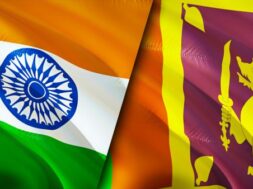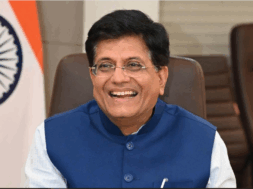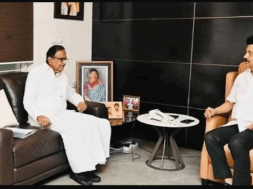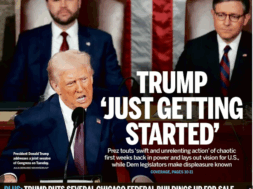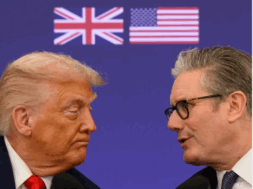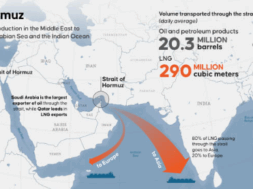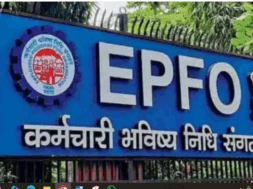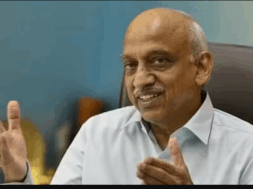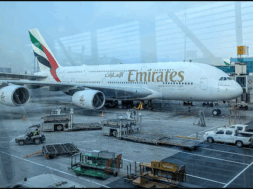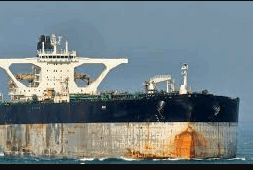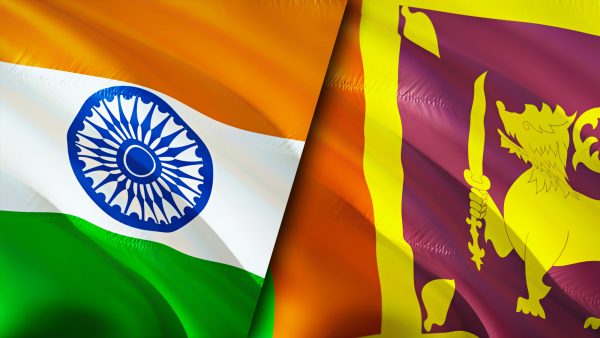
Chinese Vessel to Hambantota: Sri Lanka has Asked China to Indefinitely Delay its Arrival
Manas Dasgupta
NEW DELHI, Aug 6: Even as Sri Lanka is learnt to have asked China to indefinitely delay a visit by a controversial ship following intense pressures from India, a negative statement by its president Ranil Wickremesinghe about bilateral trade agreements in South Asia may cause consternation to India.
Official sources said on Saturday that under pressure from India Sri Lanka had asked China to delay the arrival on its port the Chinese vessel Yuan Wang 5, which is en route from the Chinese port of Jiangyin and is due in the Chinese-run Sri Lankan port of Hambantota on Thursday.
It is described as a research and survey vessel, but it can be employed for space and satellite tracking and with specific usage in intercontinental ballistic missile launches. Some media reports said New Delhi was worried the vessel would be used to spy on its activities and that it had lodged a complaint with Colombo.
India remains suspicious of China’s growing influence in its southern neighbour Sri Lanka. The foreign ministry last week said it would closely monitor “any bearing on India’s security and economic interests and takes all necessary measures to safeguard them.”
In a written request, the Sri Lanka foreign ministry told the Chinese embassy in Colombo not to go ahead with the visit, an official said. “The ministry wishes to request that the arrival date of the vessel Yuan Wang 5 in Hambantota to be deferred until further consultations are made on this matter,” the request says.
Sri Lankan President Ranil Wickremesinghe assured political party leaders on Friday that the controversial visit will not go ahead as planned. Earlier this week, Colombo appeared to brush aside Indian concerns, saying the vessel was coming only to refuel and replenish supplies and would not undertake any work in Sri Lankan waters.
India had objected strongly when two Chinese submarines berthed in Sri Lanka in 2014. Former president Gotabaya Rajapaksa, whose brother Mahinda Rajapaksa borrowed heavily from China while president from 2005 to 2015, was forced to resign last month over Sri Lanka’s worst-ever economic crisis, which is ongoing.
Abut bilateral trade agreements, Wickremesinghe appeared dismissive of trade agreements in South Asia, saying there was “too much politics” and that the country needed to broaden its partnerships with “whoever we want.” “Unfortunately, I don’t think there will be overseas trade integration in the South Asian region. No, there has to be a bilateral agreement with whoever we want,” he said, speaking at a conference on rebuilding the Island nation’s economy that is reeling under its worst crisis.
“There’s too much of politics involved for there to be a regional trade agreement in South Asia. We can keep that aside. We can have integration in dancing, cooking, but certainly, you’re not going to have integration as far as the economy is concerned,” Wickremesinghe said.
Though he did not name India, the remarks could trigger consternation in New Delhi. The main engine of South Asian engagement, India has long strived to steer Sri Lanka away from China, in efforts that came to a head this week amid a planned visit by the Chinese ship to Sri Lanka.
Apart from 5 billion dollars’ worth of aid to the crisis-hit country, India has several trade deals with Sri Lanka. Two days ago, meeting the newly appointed Sri Lankan Foreign Minister Ali Sabry, India’s External Affairs Minister S Jaishankar reaffirmed India’s commitment as “a dependable friend and reliable partner, to the economic recovery and well-being” of the island nation.
